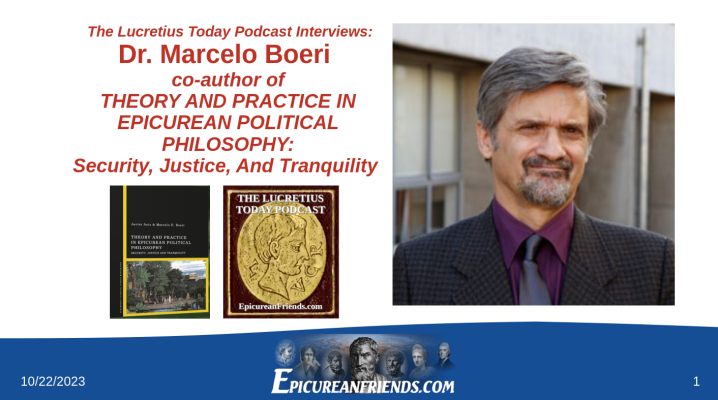Even in this case people are seeking pleasure (reward). Additionally, as long as I am in this world, I am still rewarded with pleasant impressions.
I know, from a logical point of view both arguments exclude each other. But I think, the Epicurean perspective overturns this logic epistemologically.
I think some of this discussion revolves around the issue of "psychological hedonism" and I will be the first to admit that I have never found "psychological hedonism" to be a very helpful way to analyze things.
Saying that "You're doing what you're doing - whatever you're doing - because you think it will bring you pleasure" does not seem to me to be a very helpful way of looking at much of anything. I realize that many people that this helps them defend "hedonism," and if so than I suppose whatever floats one's boat is good.
But to me, it's an argument that smacks of circularity and even disrespect for the other person who is earnestly suggesting that whatever they are pursuing is not pleasure at all.
I'm all for a very wide perspective on what the word "pleasure" includes, but once you've come to the place in a discussion where you disagree with someone on their definition, it doesn't seem to me that anything helpful is achieved by saying "you really agree with and you're just not willing to admit it."
Most of the time in an Epicurean vs Non-Epicurean discussion, the issue comes down to the fact that Epicureans say that Nature tthrough the faculty of pleasure and pain is the proper standard to which to look on how to live, and the non-Epicureans are saying "Supernaturalism or logic of virtue is the proper standard too look to on how to live." And the debate btweeen those two standards is important tto address directly.





